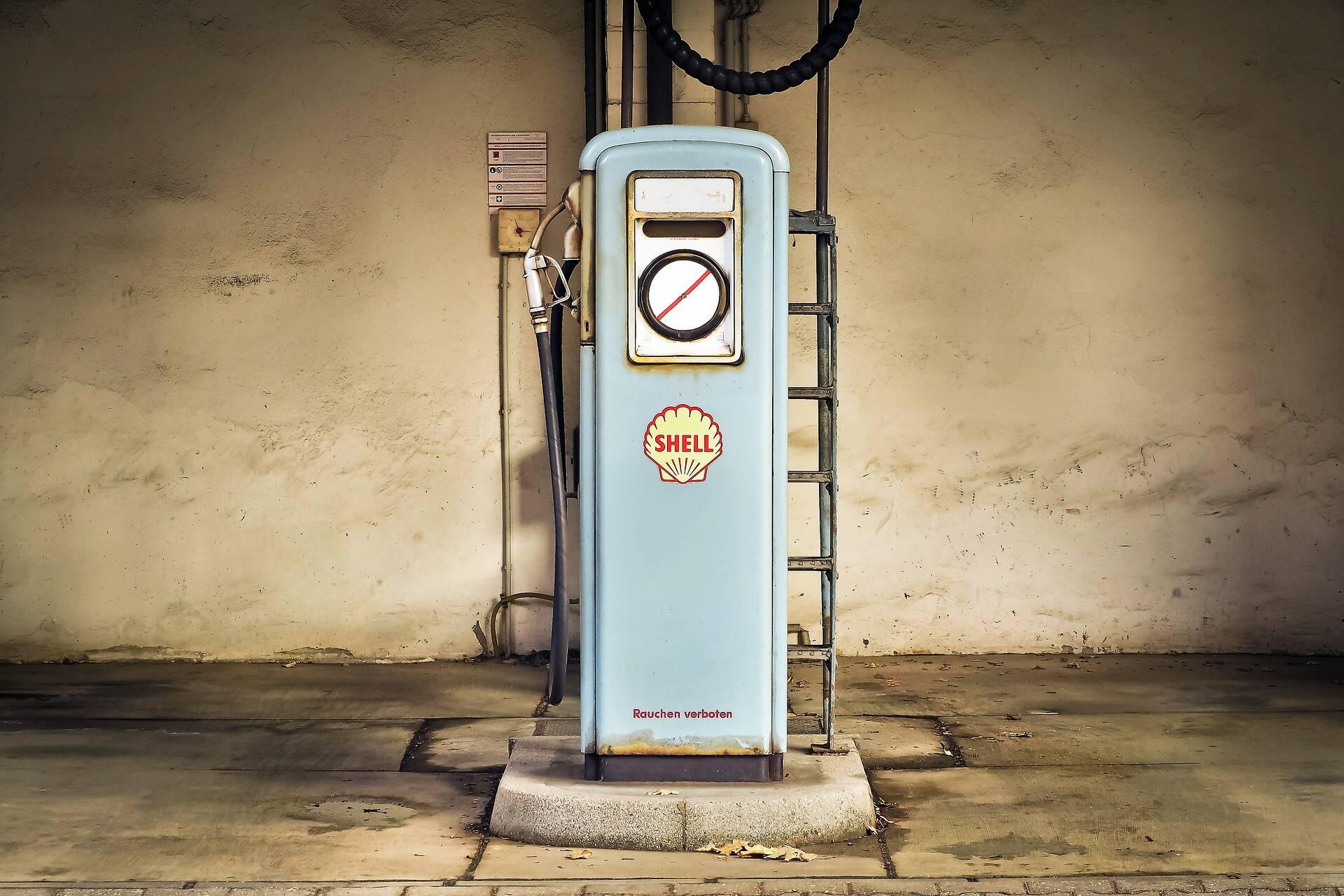
The increasing fuel costs have become a major budget concern for individuals and families alike. With rising fuel prices, finding effective ways when it comes to cutting fuel expenses has become more important than ever. The impact of high fuel prices can quickly add up, affecting the overall financial health and limiting other essential expenses.
In this blog post, we will explore three money-saving techniques for cutting fuel expenses and helping you reduce financial strain. These techniques will provide practical and actionable ideas to help you save money at the pump. Let’s dive in and discover how you can cut your fuel expenses and improve your overall financial well-being.
Importance Of Cutting Fuel Expenses
Reducing fuel expenses is crucial for various reasons. First and foremost, it allows you to save money that can be used for other essential expenses, such as groceries, bills, or savings for the future. With the rising costs of fuel, reducing your fuel expenses can significantly free up your budget and provide you with more financial flexibility.
In addition to saving money, cutting fuel expenses also reduces your carbon footprint. Traditional fuel-powered vehicles emit harmful greenhouse gases that contribute to climate change. By reducing your fuel consumption, you can lower your carbon emissions and promote eco-friendly practices, positively impacting the environment.
As the world is shifting towards more sustainable transportation options, electric car leasing has become popular. Electric cars are known for being eco-friendly, as they produce zero tailpipe emissions and have lower operating costs than traditional fuel-powered vehicles. By cutting fuel expenses and considering electric car leasing, you can save money and contribute to a greener and more sustainable future. You can find out more about the benefits of leasing an electric car on LV ElectriX
Below are practical money-saving techniques for cutting fuel expenses. Incorporating these techniques into your driving habits can help you save money on fuel expenses while promoting eco-friendly practices.
Car Maintenance
Regular car maintenance is crucial for optimal fuel efficiency and to avoid unnecessary fuel expenses. Here are car maintenance tips that can significantly impact fuel consumption.
- Keeping The Engine Properly Tuned: Regular tune-ups, including checking and adjusting spark plugs, ignition timing, and fuel injection system, can ensure the engine operates efficiently and burns fuel effectively, reducing fuel consumption.
- Changing Air Filters: Dirty air filters restrict airflow to the engine, forcing it to work harder and consume more fuel. Regularly changing air filters per the manufacturer’s recommendations can help maintain optimal fuel efficiency.
- Fixing Issues Promptly: Addressing malfunctioning oxygen sensors, worn-out spark plugs, or faulty fuel injectors can prevent fuel wastage and ensure the vehicle runs efficiently.
Proper vehicle maintenance also includes keeping tires properly inflated, using the recommended motor oil, and following the manufacturer’s maintenance schedule. By following these maintenance practices, you can maximise fuel efficiency, reduce fuel expenses, and prolong the lifespan of your vehicle.
Trip Planning And Carpooling
Both trip planning and carpooling are effective ways to promote eco-friendly travel practices and reduce environmental impact, as well as cutting fuel expenses.
- Efficient Trip Planning: You can minimise unnecessary mileage and avoid backtracking by planning routes and trips. Utilise GPS or map apps to find the most direct and time-efficient routes.
- Combining Errands: Grouping multiple errands into one trip reduces the number of trips needed, saving fuel and time. Plan your route to include multiple stops in the same area, optimising your driving efficiency.
- Carpooling: Sharing rides with friends, neighbours, or colleagues can significantly reduce fuel expenses. Coordinate with others with similar destinations or travel routes to share the ride and split the fuel costs.
- Use Public Transportation: When available, use public transportation options such as buses, trains, or subways to reduce fuel expenses and lower your carbon footprint.
Incorporating these tips into your routine can lead to significant fuel savings and contribute to a greener, more sustainable lifestyle.
Using Fuel Rewards Programs Or Apps
Fuel rewards programs or apps are a smart way to save on fuel expenses while earning discounts, cashback, or other incentives. Fuel rewards programs or apps offer perks such as discounts on fuel purchases, cashback, loyalty points, or other incentives that can help reduce the overall cost of fuel. Examples of popular fuel rewards programs or apps include GasBuddy, Shell Fuel Rewards, Exxon Mobil Rewards+, and BPme Rewards, among others.
To maximise savings, sign up for the fuel rewards programs or apps of your choice and follow their instructions for earning and redeeming rewards. This may involve linking your bank account or credit card, scanning receipts, or using a dedicated app for fuel purchases.
Fuel rewards programs/apps often have promotions or special offers, such as double points, bonus rewards, or limited-time discounts. Keep an eye on these promotions and take advantage of them to further save on fuel expenses. Some fuel rewards programs/apps can be combined with other discounts, such as grocery store rewards or credit card cashback, to further maximise fuel purchase savings.
Using fuel rewards programs or apps can effectively save on fuel expenses and earn valuable incentives. By taking advantage of promotions, combining discounts, and using the programs/apps effectively, you can significantly reduce fuel costs and stretch your budget further.
See some more of my finance-related posts here
